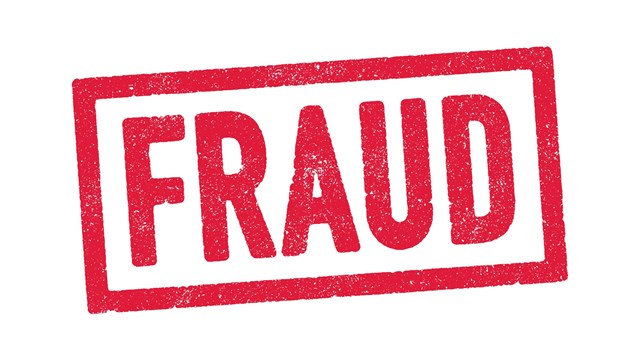Q Is a condominium required to produce an annual financial report? If they don’t, what is the recourse? If the management company doesn’t allow me, an owner, to review the finances under the New York State Real Property Law, what is my recourse? Is the management required to show a copy of the contract to a board member or owner? If they don’t what is the recourse for them? This is not a sponsor-owned condo.
—Shareholder in Manhattan
“The bylaws of most New York City condos require even more: that condo boards circulate annual financial statements certified by independent CPAs. But this language should be checked because it varies from condo to condo.
“These disclosure requirements are intentionally made applicable to limited categories of key financial records. So the language of the Condominium Act would cover records of payments to the management company, but probably is not broad enough to require access to the management contract itself. The bylaws of some condos may cover this, but should be checked for the precise language.
“Most respectable condo boards will not deny access to the records plainly required to be made available. They frequently will not allow access in the more debatable areas, most commonly citing privacy concerns. Courts are likely to allow broader access either in a lawsuit solely intended to secure access, or as discovery if relevant to a lawsuit involving other condo matters. One court recently even allowed access to the names and addresses of condo unit owners based in part on a New York state law provision applicable to co-ops but not to condos.
“In language arguably also applicable to other categories of condo records, the court held that access to the unit owner list ‘is consonant with the concepts of organizational democracy.’
“For better or worse, there is no statutory provision that allows condo unit owners to recover their legal expenses of compelling access. It is doubtful that a court would grant such an award to a successful condo unit owner, even though New York state law would support such an award to a co-op shareholder if the lawsuit involved a proprietary lease default, and thus is not a case solely for access. However, a lawyer’s letter to the condo board usually should do the trick, particularly in situations in which the board is put on notice that it would be a waste of condo assets for the board to retain counsel to oppose a plainly justified request. Access to key financial records—to help confirm honest, competent and otherwise proper condo management—is one issue that boards know most unit owners would support regardless of any internal conflicts, or just plain apathy, on other issues.”







4 Comments
Leave a Comment